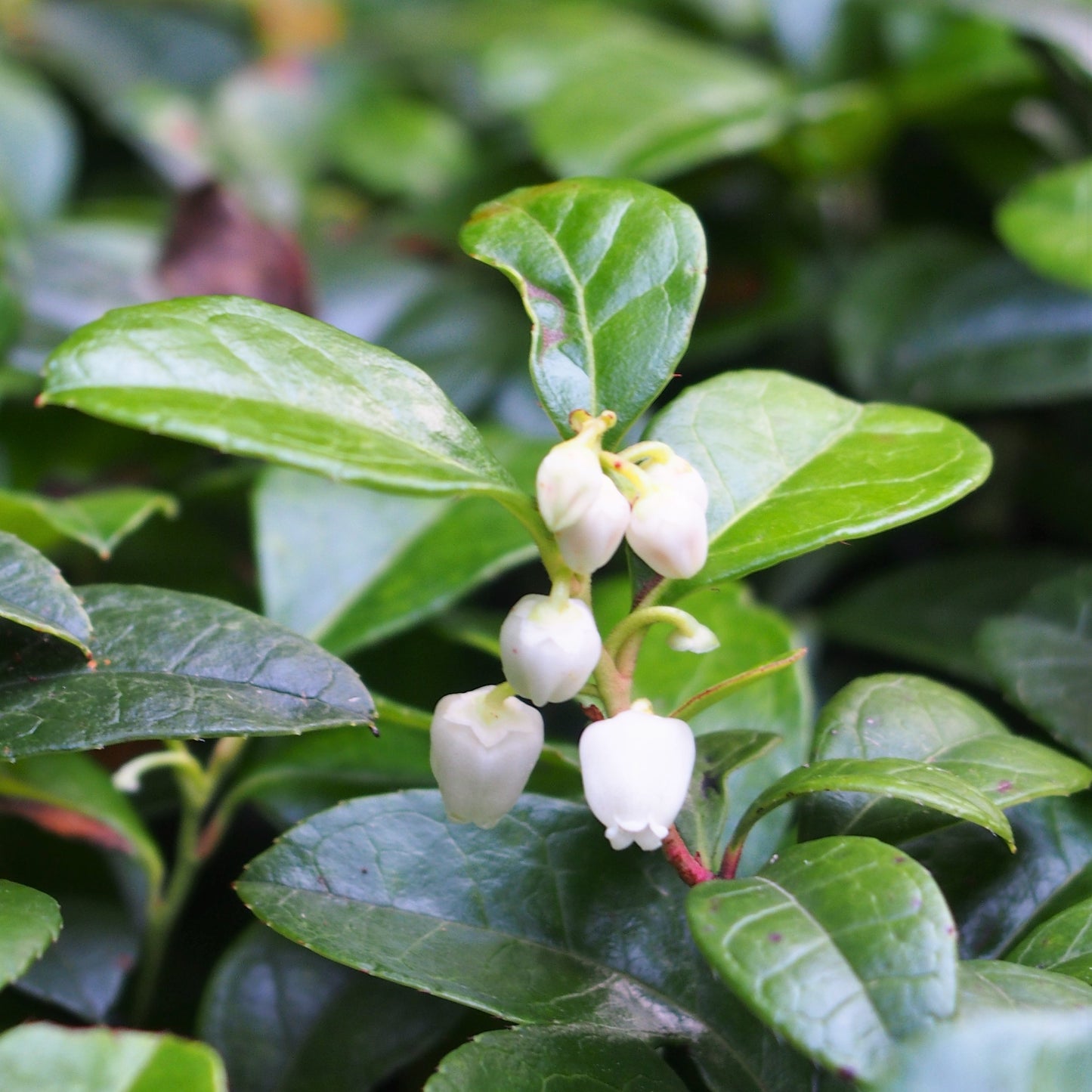Wintergreen Essential Oil - Certified Organic
Wintergreen Essential Oil - Certified Organic
Couldn't load pickup availability
The aroma of this wintergreen oil is sweet, minty, and fresh. It combines beautifully with Marjoram, Thyme, Oregano and Mint Oils. Wintergreen is frequently used in lotions, and massage blends because it is believed to promote relaxation. It is also well known to help with inflammation and sports injuries. Wintergreen oil stimulates blood circulation and provides anti-inflammatory properties, it is popular with people suffering from rheumatism, arthritis, gout and with pain in their bones and joints. Wintergreen is a tree native to North America and it is believed to have been Native Americans who discovered the use of this oil to help eliminate pain in the muscles and joints. However, while Wintergreen Essential Oil is praised for its ability to reduce pain and inflammation, it must be used sparingly and with immense caution due to its high level of methyl salicylate.
Botanical Name: Gaultheria fragantissima
Method of Extraction: Steam Distillation
Parts Typically Used: Leaves
Country of Origin: Nepal
Actions: Mild Analgesic, anti-inflammatory, antirheumatic, antitussive, carminative, diuretic, emmenagogue, galactagogue, stimulant & astringent.
Blends well With: Marjoram, Thyme, Oregano and Mint Oils
Circulatory Muscle & Skeletal Systems: Joint & Muscle problems, lumbago, neuralgia, myalgia, sciatica, rheumatoid arthritis.
Respiratory System: Chronic Mucous, & general respiratory conditions.
Safety Data: This oil can be toxic, irritant and sensitizing. Wintergreen Essential Oil is typically comprised of at least 96% methyl salicylate, an ester that can be toxic when not used with great care. Use carefully and in low dose. Tisserand and Young warn that Wintergreen Essential Oil poses a hazard for toxicity, drug interaction, it can inhibit blood clotting, and high doses are teratogenic (harmful to fetuses and embryos). Avoid use of Wintergreen with children, during pregnancy and breastfeeding and by those taking anticoagulant medication. They recommend a dermal maximum of 2.4% and advise to use with caution with skin that is sensitive or damaged. Reading Tisserand and Young's full profile is recommended. [Robert Tisserand and Rodney Young, Essential Oil Safety (Second Edition. United Kingdom: Churchill Livingstone Elsevier, 2014), 469.]
General Essential Oil Safety Recommendations
Do not take essential oils internally unless under advisement by a qualified medical professional.
Do not use essential oils undiluted on the skin. It is always best to try a small patch test first of the diluted essential oil.
People who are pregnant or have serious medical problems are advised to consult with a qualified aromatherapy practitioner before using essential oils.
Use extreme caution when using essential oils with children. It is safest to consult with a qualified aromatherapy practitioner before using essential oils with children.
General Disclaimer
The product information provided on this website is intended for educational purposes only. The information provided is not considered to be complete and is not guaranteed to be accurate. The information contained in this website is not intended to be sufficient to provide diagnosis and/or treatment of medical conditions. It is recommended that treatment of serious health conditions be done with the help of a trained qualified medical practitioner.
Share

To ensure our essential oils are not diluted to adulterated, Zurma Essential Oils undergo rigorous testing, including Certificate of Analysis (COA) and Gas Chromatography-Mass Spectrometry (GCMS) analysis. This meticulous testing process guarantees the purity, potency, and authenticity of our oils.

